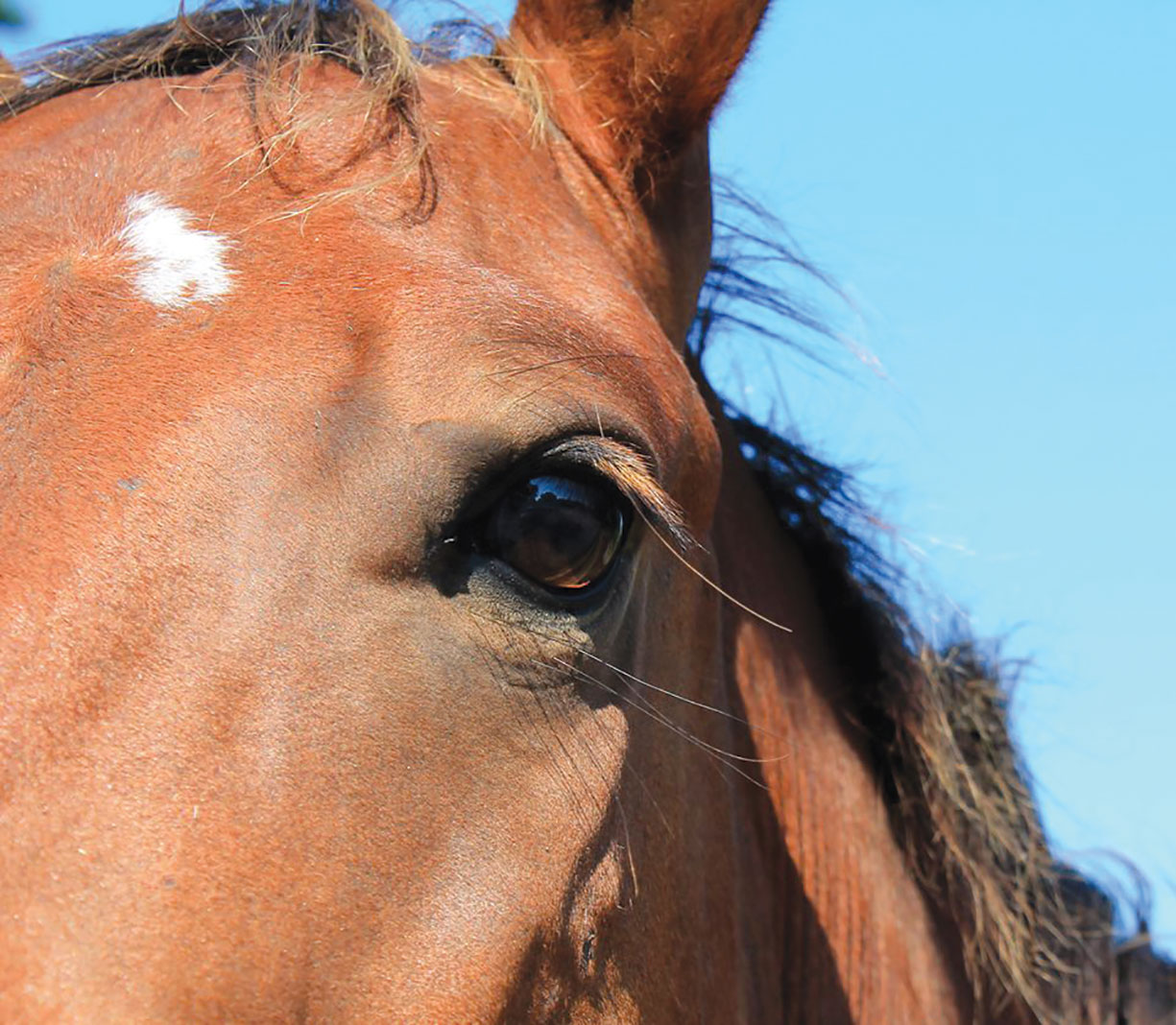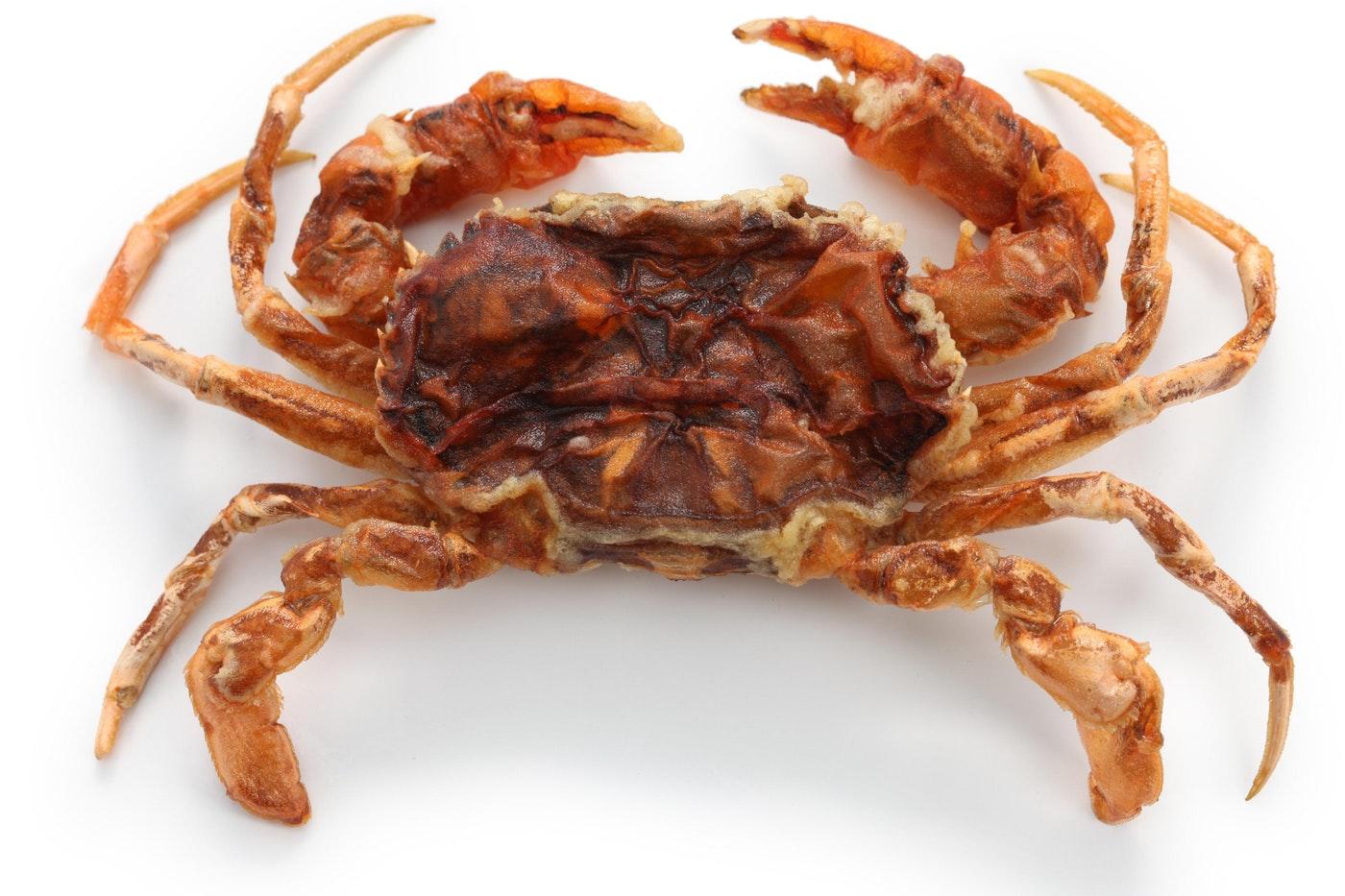Redefining the Reins

Around the same time that Lauryn Zepeda, a horse trainer with LOPE Rescues, was learning how to walk and talk, she was also being introduced to horses—the majestic animals that would always play a dynamic role at every stage in her life. “My first horses—that I can recall—were a grey Arabian mare and a sorrel quarter horse,” Zepeda shared with me. “The quarter horse is actually retired on my family’s farm and in his 20’s.”
Zepeda had the childhood that most only dream of. She grew up on her family’s 30-acre farm where she lived, played and was homeschooled. She and her husband moved onto her inheritance which is a different part of the vast land where she tends to her own herd and is fortunate enough to continue to call home.
LOPE Rescues is a competition organized by the United States Equine Rescue League and created by Mary Miller Jordan, LOPE Rescues Producer, where they rescue unwanted horses and transform them into show horses. “I have been competing in national competitions called Extreme Mustangs for quite a few years,” Jordan told me. “In these competitions the trainers are given a wild, untouched mustang and we have 100 days to gently train them for competitions. My love for the mustangs created the concept of a program that helps needy horses find loving homes, and with the help of Crystal Jordan, LOPE Rescues was created to help these horses become partners and find loving homes.”

Trainer Lauryn Zepeda of Bolivia specializes in positive reinforcement training; she’s seen here working with a stallion, teaching him to bow. Photo courtesy of Lauryn Zepeda.
All it takes is 10 horses with 10 trainers and eight months of hard work—and that is when the miracles begin to happen. For those not equipped with the knowledge of equestrian lingo, I asked Zepeda to paint a picture for Southport Magazine’s readers. “LOPE stands for the levels of the event in which each competitor is required to show in—Liberty, Obstacles, Patten Event,” Zepeda explained. “Liberty is when the horse is released from all restraint in an arena (no ropes) and must follow instruction from its handler by pure body language or verbal cue. The horse must successfully walk, trot, halt, circle, back by no touch or use of equipment (halters, lead ropes, etc.). Obstacles are an obstacle course, bridges, weaving barrels, crossing logs, and so forth. Pattern is the horse’s manners in halter. Does he walk along side you without being tugged? Does he drag his handler? He should be able to be led effortlessly.” Throughout the eight months of training there are competitions that the competitors must attend. The overall objective is to take these four-legged souls and help them become more adoptable through the competitions.
The organizers of LOPE found Zepeda and all of the other trainers through a “closed” competition which means by invite only. “Ten trainers who stood out to the program were chosen based upon their horsemanship, accomplishments and methods which all brought lots of variety,” Zepeda explained. She was the only trainer in this specific competition dedicated to the method of training called “positive reinforcement.” This technique is often seen with children to reward good behavior and Zepeda takes it even further with her training with animals. “I have taken clicker training and replaced the clicker with verbal cues to mark desired behavior, and then I reward to reinforce it,” Zepeda explained. “I really like the method I’m using as it gives me the ability to work with them in an unforced manner, knowing that if they’re participating it’s because they choose to be.”

Before Zepeda’s care, Ranger was malnourished and had been tied up to a post. Photo courtesy of Lauryn Zepeda.
This type of training helps to reinstate a horse’s mindset that could have been deterred to a negative, and Zepeda changes it to positive. When this training is put into place, the horse begins to release its defensive manner. “It has been quite addicting actually, when you establish this communication. Because you don’t want to just use them for rides anymore—but spend time playing, interacting or just being with them,” Zepeda said. “This has also affected the manner in which I ride the horses as well, because we both look out for each other’s best interest; the need for forceful equipment isn’t needed anymore.”
Ranger was the horse that Zepeda was partnered with for her most recent competition that was held on November 8th. Ranger and Zepeda were given eight months to form a partnership and bond with one another before performing. The horses that are rescued by LOPE are normally taken out of harsh environments and brought to safety. She could not get too specific about Ranger’s situation but it was evident that he was extremely neglected, and before he was rescued, his life consisted of being tied up which left him physically and mentally scarred.

Ranger, a horse participating the LOPE Rescue competition, after being cared for by trainer Lauryn Zepeda for eight months. Courtesy photo
“Honestly I anticipated the worst,” Zepeda said when I asked about her experience with training Ranger. “The neglect he had endured a majority of his young life was very severe, nearly killing him. I expected him not to be trusting and withdrawn – but to my surprise he was the exact opposite.”
Zepeda found that Ranger was forgiving and somehow carried no baggage from his horrific past. He was enthusiastic and wanted to learn, his willpower and determination astounded Zepeda and made her realize that not every person or every animal allows their past to haunt them. “The lesson in this for me was not to write off a future prospect based on how poor their start was in life,” Zepeda said. “I am a bit ashamed to say it, but if I was on the market and someone would have told me that a [rehabilitated] horse was tied from its youth, starved, and had minimal handling, I probably would have not considered it the same just based off the history.”
Ranger’s attitude and disposition made Zepeda realize that immoral pasts do not always have to lead to a bleak future. “When a horse has ‘heart,’ they just do,” Zepeda said. “In Ranger’s case, his story gave him a passion for life.”
LOPE Rescues finds these horses through the United States Equine Rescue League. “They all have their own stories,” Zepeda said. “And we as trainers have our own problems to deal with, whether they are physical or mental.”
The competitions give the horses a chance to compete in a desirable environment instead of competing for their lives. The horses are adopted and placed into caring and devoted homes where they receive their second chance. “Ranger was spoken for before the competition ever ended,” Zepeda said. “He now lives in Raleigh, NC, with his new family and has his own little girl that he gets to entertain.” Zepeda told me that there are still other LOPE competition horses that have completed their eight months of training and are still in need of homes. By going onto their website at www.GoLOPE.com, you can view all of the horses, get to know them and read their stories, and see what competitions that have been placed in.
The community plays a big part with the development of these horses as well as their trainers and it really helps to shape not only the horse’s outcome but the person behind the reins as well. Events were organized to help fundraise in the assistance of Ranger’s care and travel from organizations like Bolivia Holt C Store and media outlets helped to raise awareness like the ATMC TV show “Our Hometown.” “I am proud to have come from such a close-knit, caring, and compassionate community,” Zepeda said. “Even if they weren’t horse people, they would still show up to these events just to give me a hug and Ranger a pat on the head. I knew I was not in this alone and Ranger is a product of the love of a community of people, not just my own.”
Jordan also elaborated on the organizations in the community that help with the efforts and give their support including Backyard Feeds who is their Award and Feed Sponsor. “Backyard Feeds stepped up and partnered with Southern States and Triple Crown to fuel our LOPE Rescues horses for the eight-month program,” Jordan said. “Our Gold Sponsor, Cape Fear Saddlery, catalyzed this event by putting up $2,000 for the champions.” Marker 137, a wedding venue also helped to support LOPE Rescues by donating money to help with the cost of T-shirts for the competitions. Jordan said that there was no way they could have done the work they were able to do without the support of their community.
“For the inaugural LOPE Rescues competition, I allowed our local rescue group to select most of the unwanted horses that we would use in the program,” Jordan said. “After the fabulous training and care provided by our trainers, these gentle giants are on their way to their forever homes.”
For more information about LOPE Rescues, the horses and competitions, visit their website at www.GoLOPE.com. Lauryn Zepeda’s personal horse training website can be found at www.clicksofconfidence.com.












Leave a Reply